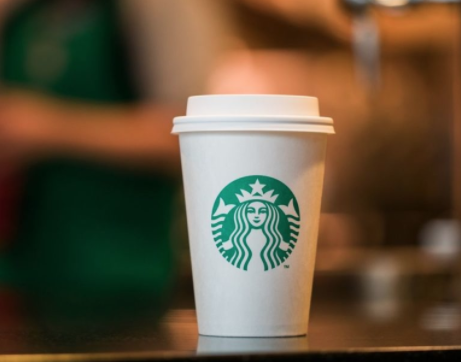Will one staff training session really help Starbucks get through its racism PR crisis?
Starbucks’ decision to close all 8,000 US stores for an afternoon to hold “racial-bias” training raises an important question for companies wrestling with how to respond to crises amid racial tension in an era of social media. Can something be a grand gesture that goes above and beyond what many companies would do — yet still not be enough, asks Andrew Darling.
All Starbucks company-owned branches and corporate offices will be closed on the afternoon of Tuesday 29 May. Nearly 175,000 staff will receive the training, as will all future recruits.
The training will “address implicit bias, promote conscious inclusion, prevent discrimination and ensure everyone inside a Starbucks store feels safe and welcome”, the company reiterated.

Darling: ‘All companies, notwithstanding their lofty mission and value statements, can be brought to their knees by this fallibility.’
While this raises the bar when problems arise in future, the real issue is of course, racial bias — a complex, systemic problem that some observers have said an afternoon of diversity training would do little to change, however well-intentioned or informed it may be.


I think it is easy to slag a company when they are down, but I do commend Starbucks for making a start at fixing an issue is endemic across our society. A decent brand takes responsibility for the actions of individuals despite the ingrained prejudice in our society in general and every step forward counts. It is important that these small steps are appreciated and respected to encourage more to do the same. I don’t see any evidence that taking a 1/2 day out for retraining is all that Starbucks will be doing either, so let’s not be so quick to make accusations. I commend the smallest steps forward to solving issues that produce more respect for each other regardless of race, gender, privilege, culture, age…Let’s see more of it and encourage it, not slag it.
You have also forgotten another important element of such compulsory training. While I dont for a minute doubt Starbuck’s genuine sincerity in this case, such training, especially in the US, is well known as a protection against future litigation. For example, you cant sue us as employer for not providing a safe work place when we have made it mandatory for all employees to attend an officially sanctioned training program. It isn’t an absolute defence, of course, but it is pretty useful. If you doubt the truth of this approach, simply ask why would Starbucks do this in the litigious-crazy USA and not in all the other countries where they operate and where racism is an acknowledged issue. QED
I swear “crisis” is the most overused word of 2018. Especially by AdLand. Glibal child hunger is a crisis. Mass ice addiction is a crisis. This is a large company’s reaction to some racist morons in the United States of Americaland – the land of the free apparently.
Poor Starbucks. A few months back I saw some expert on US tv praising Starbucks as effectively the biggest charity organisation in the States, simply for offering a 24-hour warm haven for street people. And then one person stuffs it up and whamo!